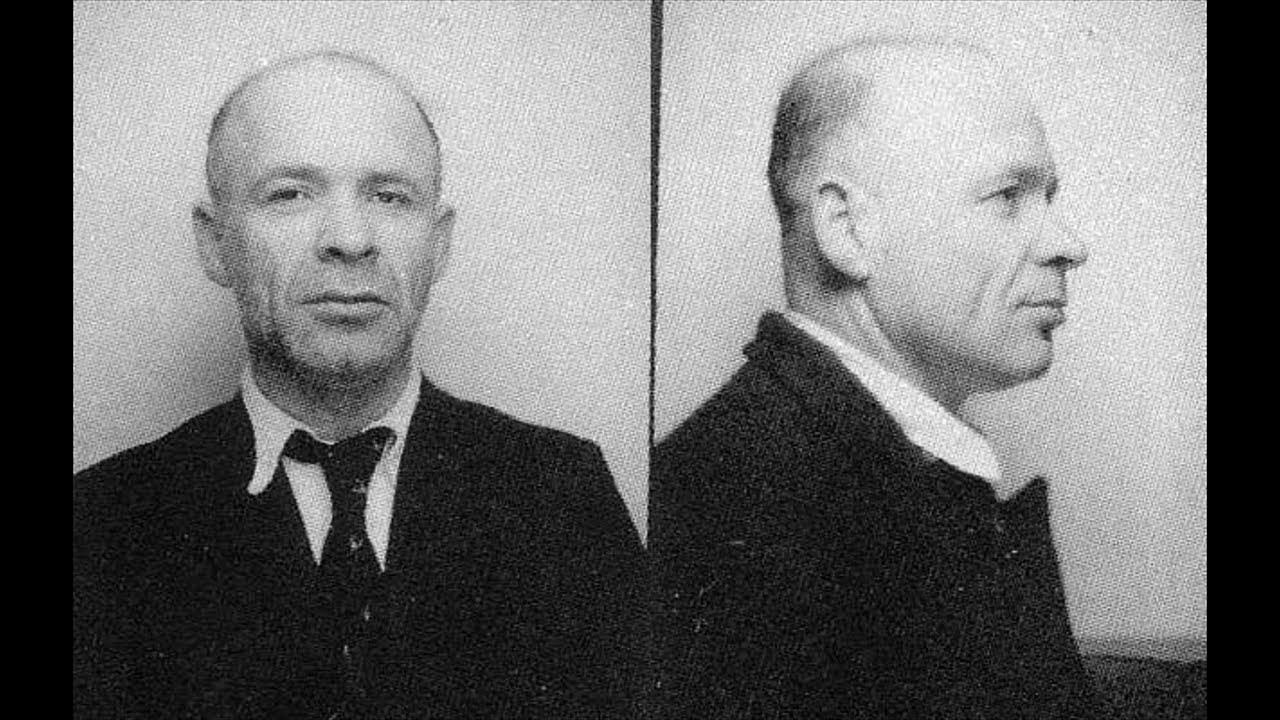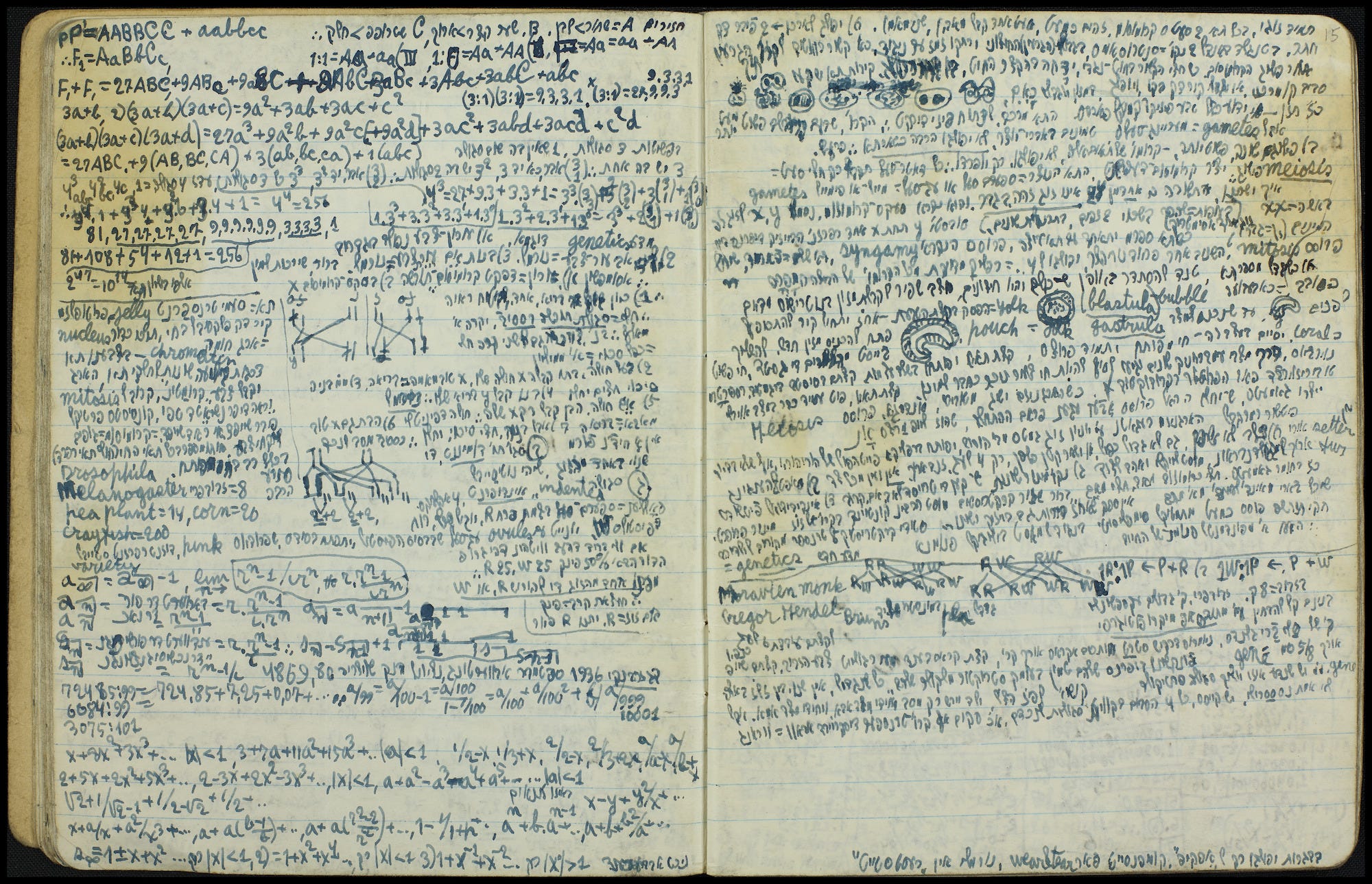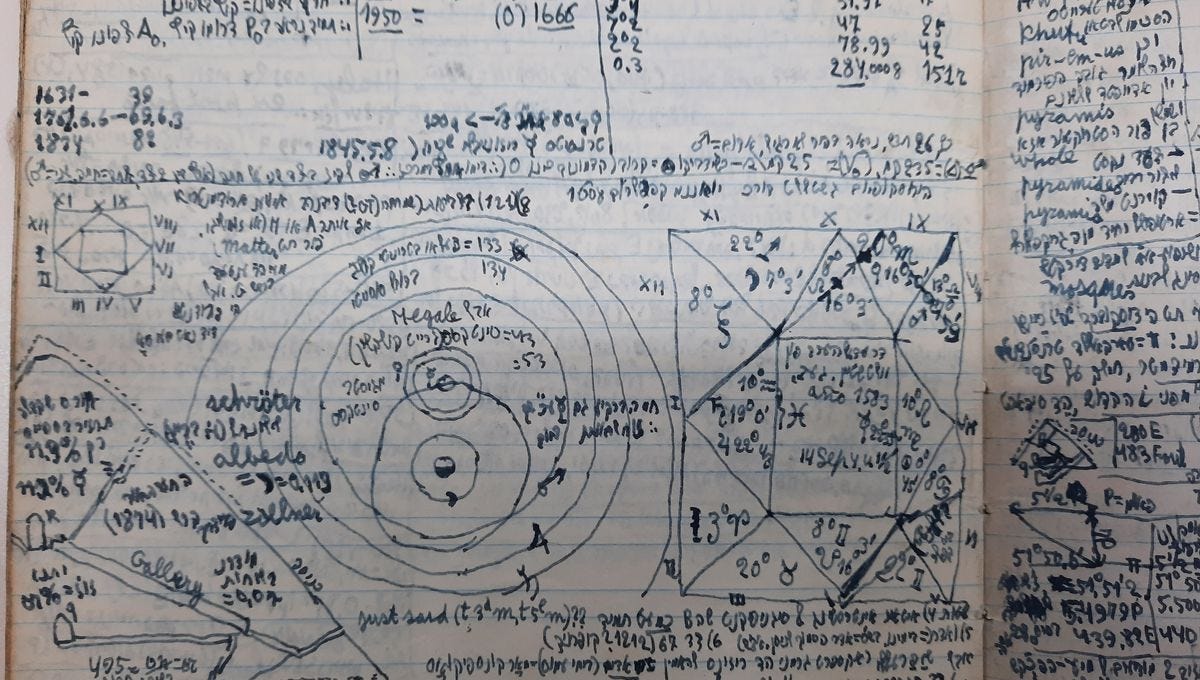
Monsieur Chouchani, מר שושני (Shushani or Shoshani) was born in 1895 (maybe 1895, maybe in Brisk?). He died in 1968 from a heart attack, in Uruguay, where he lived at the last station of his life. His death is the only fact that is known about his life for sure. He preferred it that way.

Elie Wiesel met Shushani when he was 18 years old in Paris. He, among many others, considered Shushani his true teacher. Elie Wiesel built the Mazeyva in Montevideo and wrote the inscription. In the picture above, standing in the front, is Michael Grynszpan, a French-Israeli, who spent 11 years crafting a documentary about Shushani.
The philosopher Emmanuel Levinas, after reluctantly meeting Shushani who became his teacher, said, “I cannot tell what he knows, all I can say is that all that I know, he knows.” Other students included the philosopher Shalom Rosenberg, French Jewish intellectuals André Neher and Yehuda Leon “Manitou” Ashkenazi.
There is a lot (not enough) is written about Shushani, that’s not the point of mentalblog to rehash pop knowledge. Nadav Halperin had a podcast that is very much worth a listen in Hebrew, there is a story there at the beginning of the podcast, wow, I mean wow: חידת מר שושני: שיחה עם הבמאי מיכאל גרינשפן
Nadav Halperin used to annoy me because the little punk pretends that he knows everything (even art, LOL) and constantly interrupts his guests. His zeide was chabadsker dayan אברהם חיים נאה. Chabad is basically a borderline heresy, so the role comes to Nadav Halperin naturally. Apropos, the name of his podcast is אש זרה (evoking the original Nadav). Nadav impersonates Shushani who actually knew everything there is to know, but deeply. What was it like to walk as Gulliver among Lilliputians all the time?
ויפן כה וכה וירא כי אין איש ויך את־המצרי ויטמנהו בחול Monsieur Shushani said: המצרי 345 gematria משה Moshe buried himself, buried the secular המצרי בחול, the Egyptian secular part of his persona. This is absolutely brilliant, playfully hilarious. You sense that Shushani mocks everyone with a Freudian twist. I would have added a word that brings to mind his namesake, Rabbi Hillel, about אין איש. But I don't know how to count.
Ramash met Shushani once in Paris, in Zalman Schneerson’s shule (any memories from Reb Zalman? Shushani taught orphans in France, there has to be a real connection with Reb Zalman). A blog post in Beis Moshiach Magazine tells the Chabad side of the story. There is always that side the story and it’s always the same, the entire existence of every man is the accidental and formal connection to the Moshiach, don’t get me started. Oh well, you already did…
“The davening had been over for a while in the shul of R’ Zalman Schneersohn in the center of Paris. Only a few people remained, some of them looking into some volume or another. The silence was interrupted suddenly by a conversation that was held quietly, but in that utter stillness it was possible to hear well. However, even if those present had tried to follow it, they would have been unable to understand any of it.
The two people were involved in a learned discussion. As though a fire was burning within them, they began pacing the shul, their eyes fixed, their brows furrowed. A learned person would hear topics in Shas being bandied about: Rishonim, Acharonim, Midrashim, logical arguments and exegetical dialectics from all over.
The first person was familiar. Although he was only a guest in Paris who had come for a short time, many already knew him. Upright of stature with penetrating eyes, dressed simply but impeccably in a short gray suit, a pinched hat, and with a short black beard; it was Ramash, the son-in-law of the Rebbe Rayatz, later to be his successor. He had come to greet his mother, Rebbetzin Chana.”
Shushani genius and mystery surrounding him, he was a much better candidate for the job in my opinion… Shushani has been in Paris for less than a decade, and he left a profound, personal mark on many thinkers and simple people. This can’t be said about Ramash in Paris (or elsewhere). Shushani was Gaon, who gave simple bar mizvah lessons, and the boys never forgot, they felt a lifelong connection. One totally assimilated man who lived an intermarried life. At the end of his days, he went to Uruguay from France to care for Shushani’s grave and be buried next to his bar mizvah teacher! Whoever heard of such an astounding thing? Michael Grynszpan tells this story in the podcast.
The contrast is telling. Many people met the Rebbe. But there is absolutely no one who has a deep personal connection with the man, a professional propagandist, even more aloof and remote, than during his decade in Paris. Instead, in a fleeting moment of honesty, there is a gaping wound, the disappointment as vast as the ocean. The sadness, the embarrassment for being cheated. Speaking of Al HaGeulo V'al HaTemuroh.
Ok, enough beating around the bush. In the podcast, Michael Grynszpan asks the obvious question, if Shushani was a sperg with a photographic memory?
In a sense that everyone is somewhere on the infinite scale of the spectrum with a key difference. Shushani understood the soul of his students and connected to them on the emotional and intellectual level. Can a sperg do that? I don’t know. They way I understand this, up there, at the highest point, there is no difference between chochma and bina, it is fused into one blazing crown. Put that potato on your spectrum scale and fry it…
If you are in Israel, you can watch the film here חידת שושני
Outside of Israel, I think you need a VPN. For whatever reason, it’s blocked outside of Israel.
A very moving movie. Move mountains to see it.
Shushani not just traveled but lived in different countries: Belarus?, Algeria, Morocco, Israel, France, Switzerland, USA, Uruguay. He returned to some countries multiple times. My friend Zalman likes to dunk on Paris. But 10 years before the war and 10 years after, even now, there was some magic there, a mystery that wasn’t to be duplicated in any other place. I yearn in vain for that premodern terrain and time. I am a student with a very limited ability. I will be waiting for a true teacher…
P.S. Shushani literary was on a different level. He often told kibbuzniks: “you don’t know Tanach” or he told Elie Wiesel, the first time they met: “You don’t know the book of Job”. He told a shaliach in Uruguay: “You don’t understand the Rebbe”. If you swallowed your pride, like Elie Wiesel did, the magic unfolded. Of course, the idiots are content with a warning.
Inadvertently, there is perhaps no too flattering episode with Elie Wiesel in the film. At the end of his days, Elie Wiesel became a completely corporate American creature with an office in Manhattan, surrounded by secretaries and handlers. The visibly frail and old man has divided his (last) days into a row of (unimportant) appointments. He or his handlers ignored Michael Grynszpan’s requests for an interview for several years. Eventually, Michael Grynszpan met Elie Wiesel at a public function and was able to force only thirty minutes of attention. Elie Wiesel speaks of the immeasurable influence Shushani had on him. Unexpectedly human, he says Shushani was popular with beautiful girls, and then he says that Shushani “nearly destroyed my life”. I wish Elie Wiesel had time to explain.











Re: “Any memories from Reb Zalman”
After reading this wonderful write-up, I asked my great-grandmother, Hadassah Carlebach (Reb Zalman’s daughter) if she had ever heard of this “Mr. Shoushani”. She told me that when in Paris, he had met with her father (it sounded to me that this happened more than once).
But being that she was “too young” at the time, she wasn’t invited to the conversations and never received any other info beyond her observation of the fact.
Yasher koach Reb Tzemach!
There are on line RXwhere you may get refills on your meds.